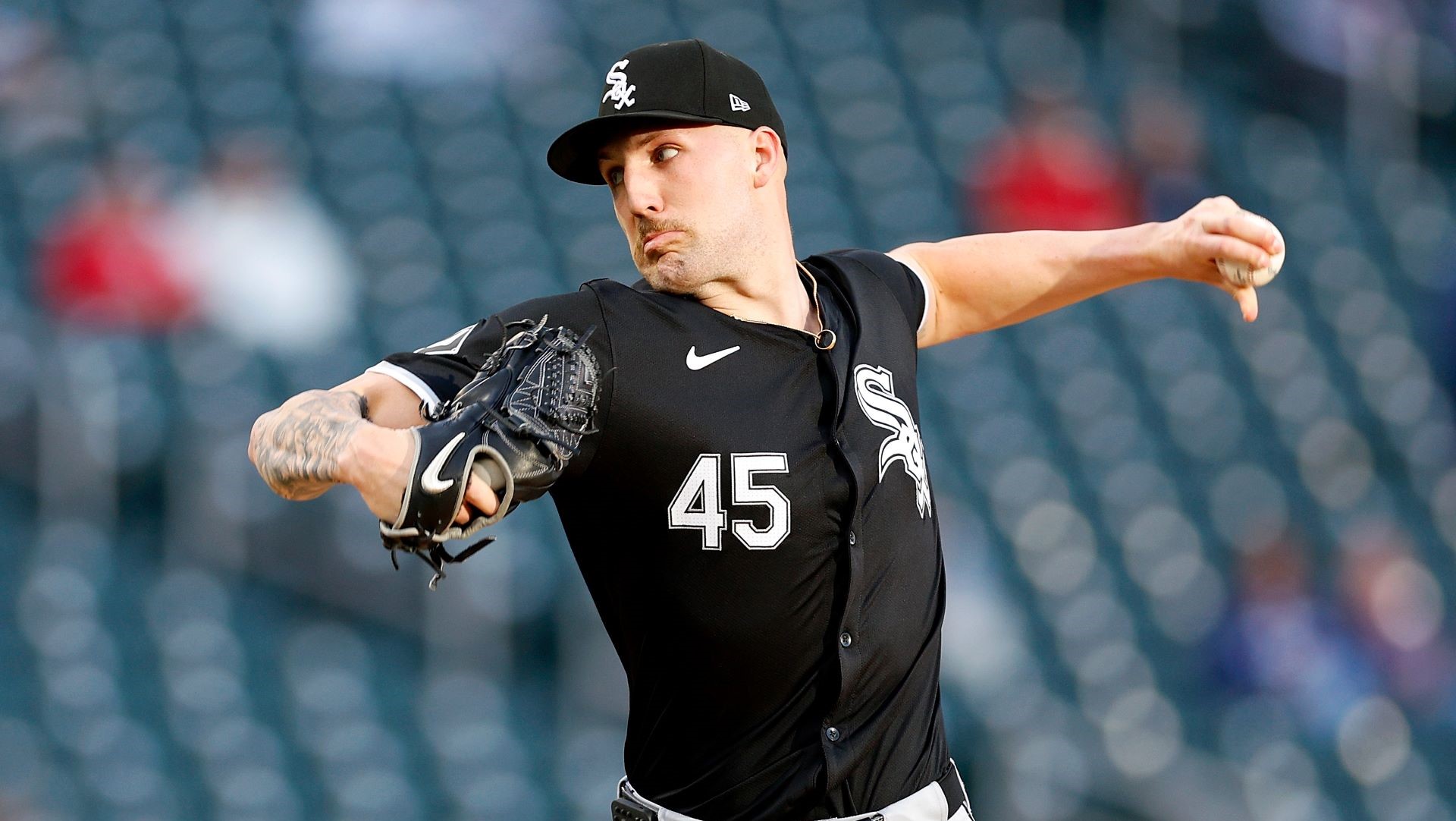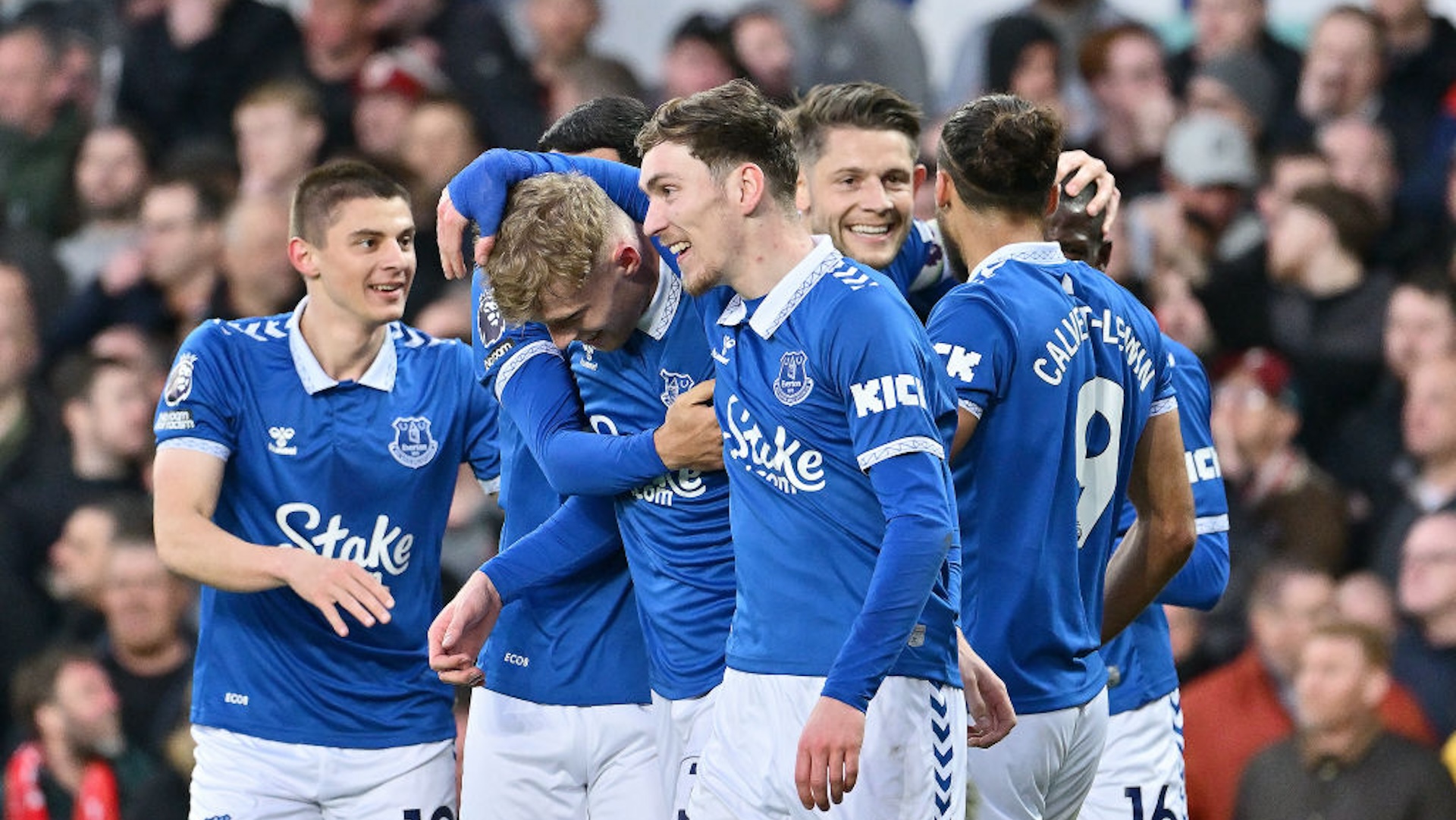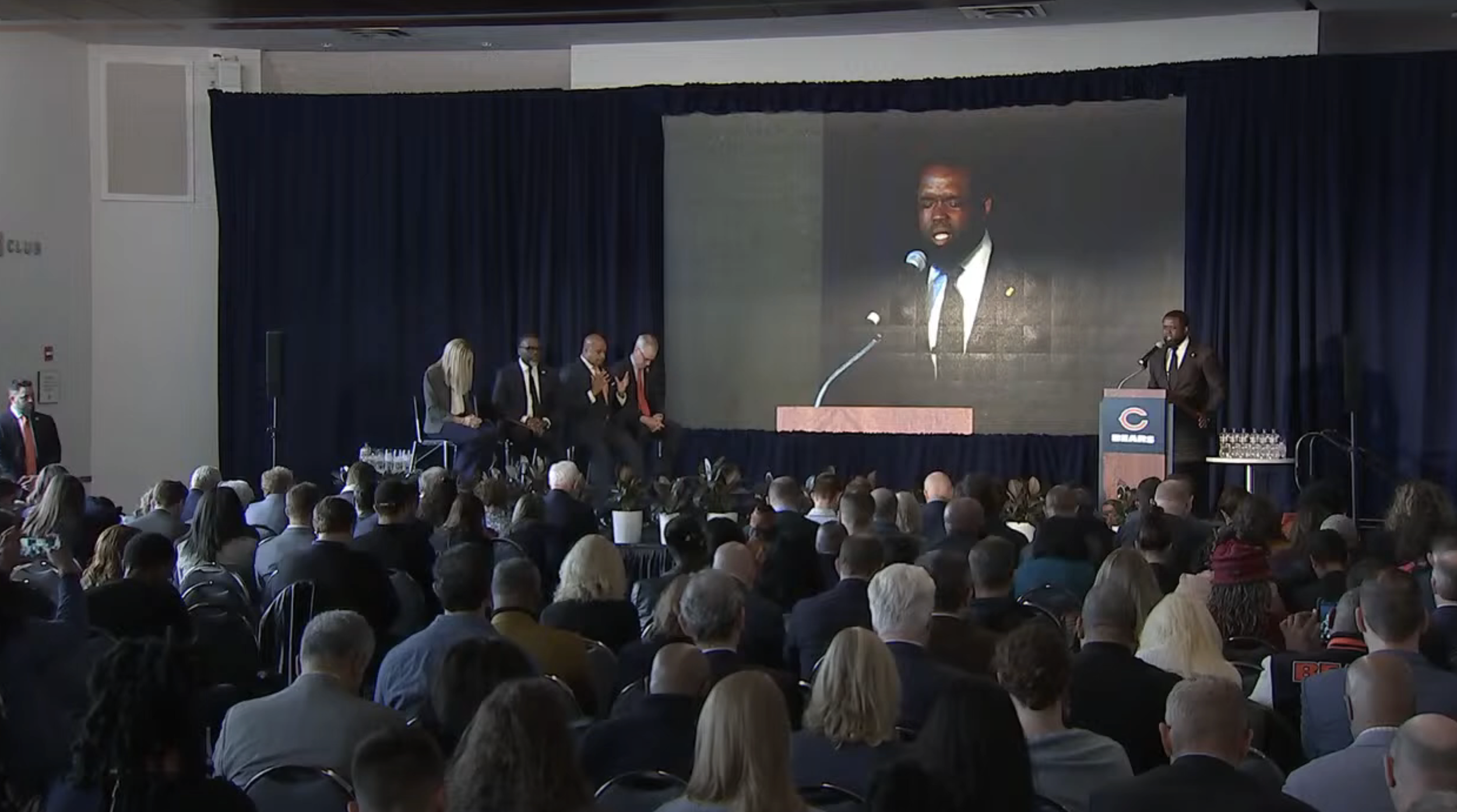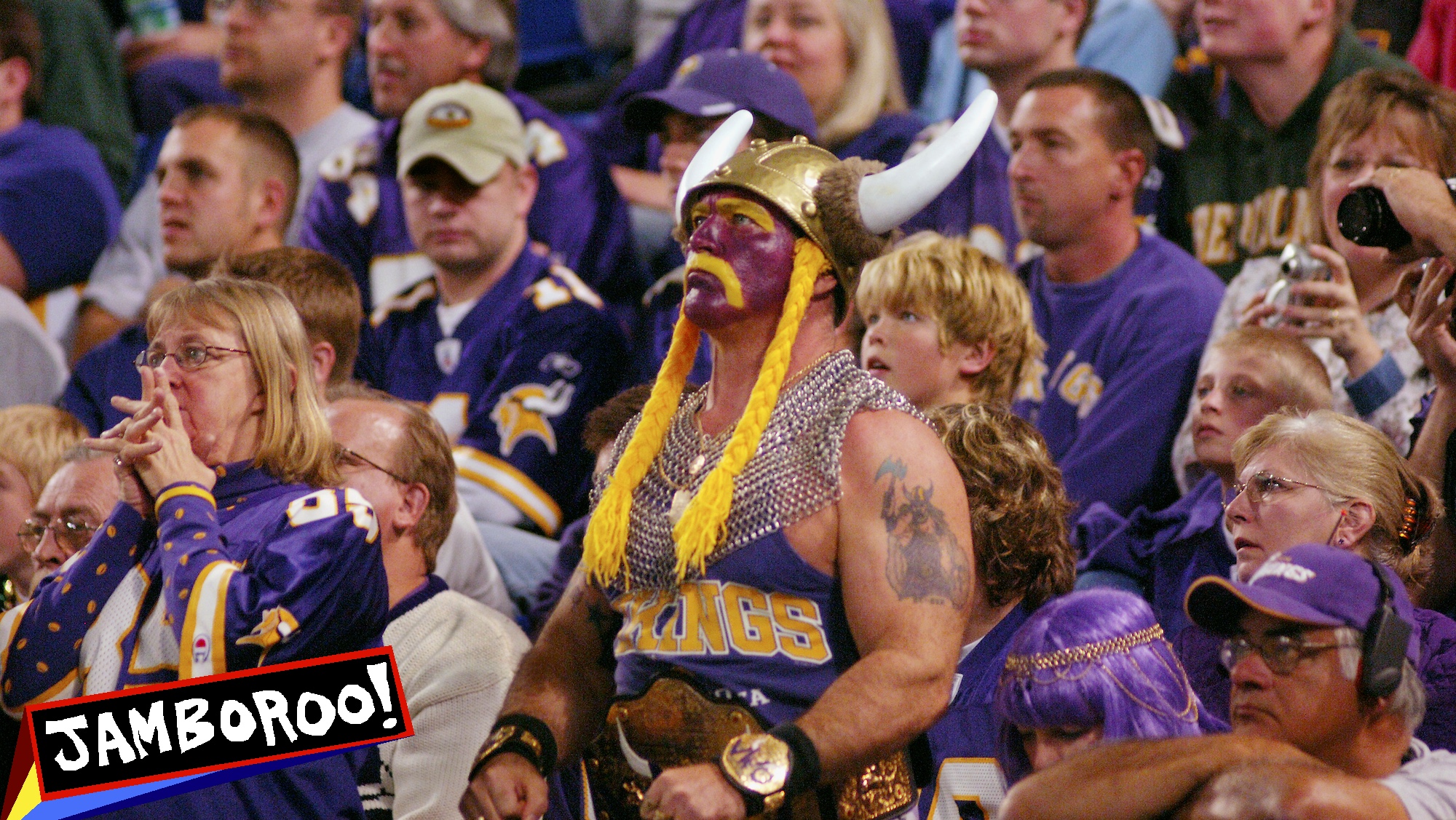Barcelona’s Latest Moral Victory Is Only As Good As Its Next Actual Victory
1:01 PM EDT on September 15, 2022
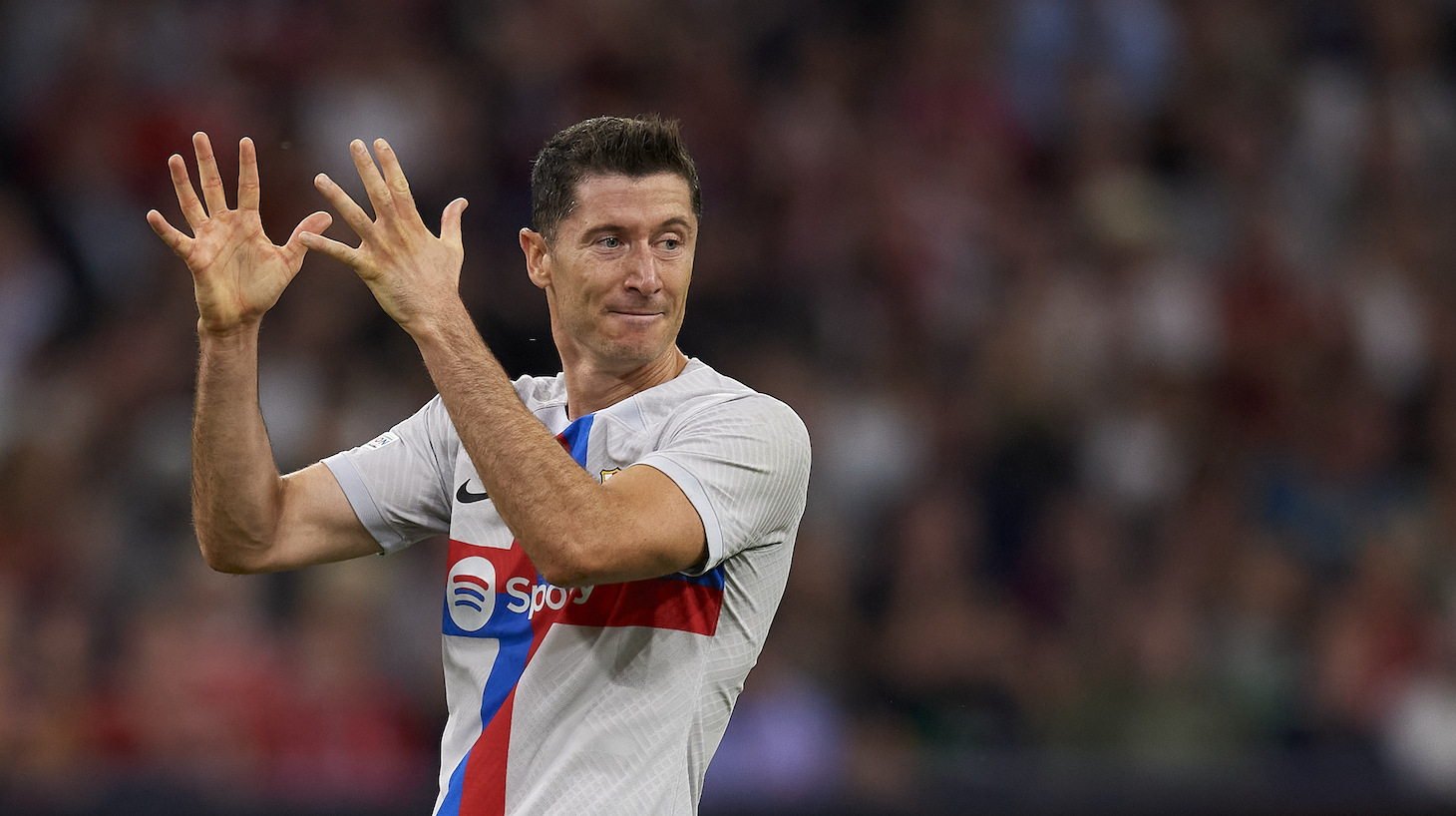
In normal times, Barcelona would be too big for "moral" victories. Moral victories are for smaller clubs for which losing is not necessarily synonymous with failure. Generally, teams that look for silver linings in defeat don't usually have trophy cabinets lined with silver. But these are not normal times at Barcelona.
This Barça is a work still in its early stages of development. It's been roughly a year since the core of the club's previous era was dismantled when Lionel Messi left, and nearly half of the present squad joined the club within that timespan. That leaves Barcelona with three separate cadres in its ranks: the last vestiges of the Messi era, avatars of a period that was once glorious but turned rotten over the last few years during a steady fall most prominently illustrated by its parade of Champions League humiliations; the insultingly young and gifted upstarts who've emerged from the wreckage and taught fans how to look toward the future instead of obsessing over the past; and the new guys brought in to help the club realize that potentially brighter future sooner rather than later.
The task for manager Xavi Hernández, himself one of the figureheads of that idealized past, is to incorporate those three groups into a coherent whole that can once again compete at the highest level. To do so, the team will need to exorcise its Champions League demons by proving it is once again physically, tactically, and emotionally ready to meet the demands of elite European play—no small challenge for a group still in its infancy, still searching for a new identity.
Barça had its first chance at doing just that on Tuesday in what was, for the Catalans, a huge UCL group stage match at the home of Bayern Munich, the author of several of Barça's painful European blowouts over the past few years. And while Barça ultimately came up short, losing 2–0, there was enough in the away team's performance to make Barcelona believe it is close to getting where it wants to be.
Soccer's current paradigm, especially as played in the latter stages of the Champions League, is marked by high pressing, high intensity, and high pace. Barcelona's biggest flaw over the past five seasons or so, when it has routinely been battered in the UCL knockout rounds, has been its inability to cope in matches of that sort.
The team in the late Messi era was too old and slow to effectively press, punish opponent's pressure with fast attacks, or consistently impose its preference for a low-rhythm match. The enduring quality of players like Messi, Luis Suárez, Sergio Busquets, Ivan Rakitic, Gerard Piqué, Jordi Alba, and the rest meant that, in games against the dozens of teams in Spain and abroad that could not match the talent of Barça's aging stars, the team was still plenty good enough to pile up goals and wins, compete for domestic titles, and waltz out of the UCL group stage. But that air of greatness was an illusion, dispelled every time the Champions League knockout rounds brought an opponent fluent in the current paradigm's language, and could use it to utterly destroy Barcelona.
Bayern, then and now, has been one of the chief purveyors of this modern form of elite soccer. That is what made Tuesday's match so big for Barcelona. After revamping its squad for the express purpose of modernizing it, Barça would face in Munich its first test against very thing it had for so long been unable to overcome. The most striking and encouraging sign from the match on Tuesday was that Barcelona could now totally hang in a game like that. Especially during the opening 45 minutes, Barcelona challenged Bayern directly, on Bayern's own terms and turf, and got the better of the Bavarians.
With a little bit more luck and composure, Barça could've easily walked into halftime with a one-or two-goal lead. The team's press was high and ferocious, and regularly resulted in Bayern turnovers that led to dangerous Barça chances. When Bayern broke the press and could send its forwards flying at Barça's defense, those defenders—especially Jules Koundé, who demonstrated why he's already one of the best defenders in the world—proved fully capable of the kind of last-ditch, open-field, big-spaces defending that is crucial to survive in matches against the best of the best. Barça repeatedly bypassed Bayern's own high press, often thanks to Pedri's soft feet, and found in Raphinha, Ousmane Dembélé, and Robert Lewandowski constant sources of attacking threat up against Bayern's exposed back line.
But if the first half was so encouraging because it was different, the second half was disappointing in the ways it was familiar—not so much tactically as emotionally. The late Messi era was susceptible to UCL knockout-round collapses because of its age, declining physical prowess, and the tactical setup those weaknesses necessitated, but it was also prone to them because they had happened before. In some ways, I don't think that team ever fully recovered from the debacles of Roma in 2018 and Liverpool in 2019. It put Barça in a weird position as a team that saw itself as a champion, and often even was a champion in Spain, but deep down was always terrified that its Achilles heel would once again get exposed in the big UCL matches. Because of this, Barcelona could not at all cope with adversity. Every setback large or small felt like the opening lines of a script they'd all seen before, one that always ended in tragedy, and one they were helpless to rewrite once it started. The Champions League is for mentality monsters, and Barcelona were mentality fraidy-cats.
Some of that old mental and emotional frailty reemerged in the second leg of Tuesday's match. It appeared that Barcelona would pick up right where it had left off when, moments into the second half, Raphinha found himself bearing down on the crown of Bayern's penalty area, his eventual shot whistling just past the post. But moments later, Bayern won a corner kick and, thanks to some distracted defending by Marcos Alonso, Lucas Hernández was able to score the game's opener.
Right then all of Barça's confidence evaporated. The team looked frazzled and confused, and started going away from the intensity and pressing that had served it so well earlier. It felt like the first line of that old script all over again, and as had happened so many times before, the second big setback came right on the heels of the first. Four minutes after Hernández's opener, Leroy Sané carved through Barça's defense and added a second goal. From there, Bayern never looked in much danger of losing control of the match.
Was it too much to hope for that Barça might in one fell swoop conquer all its demons, proving it was not only capable of competing in a big Champions League game but also could win one too? Maybe. Even with the loss, Tuesday's first half alone bodes very well for the future of the Barça Xavi is trying to construct. The second half, too, wasn't all doom and gloom. After giving up those two goals, Barça was able to recover its original gameplan and fight back. In the old days, it would've completely fallen apart after the second goal. The fact that this Barça didn't, and could've easily scored at least one goal that could've changed the tenor of the match's final stages, is itself something to build on.
That's the thing about this kind of moral victory. It's not that Barcelona should see the way it competed against Bayern and consider that a victory of some sort; it's more that there was enough optimism in the defeat that Barça has the chance to learn lessons that will help it attain actual victories in the future. The silver lining isn't the prize, but a guide to be used to one day reach actual silver.
If you liked this blog, please share it! Your referrals help Defector reach new readers, and those new readers always get a few free blogs before encountering our paywall.
Senior Editor
Read More:
Stay in touch
Sign up for our free newsletter

